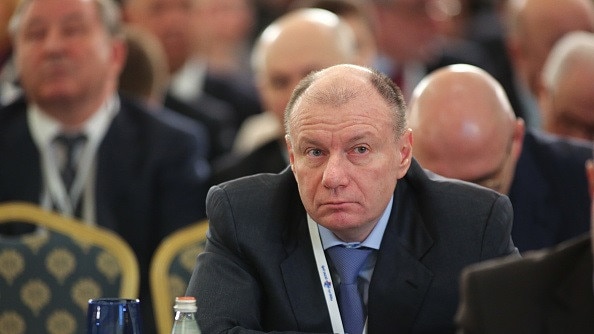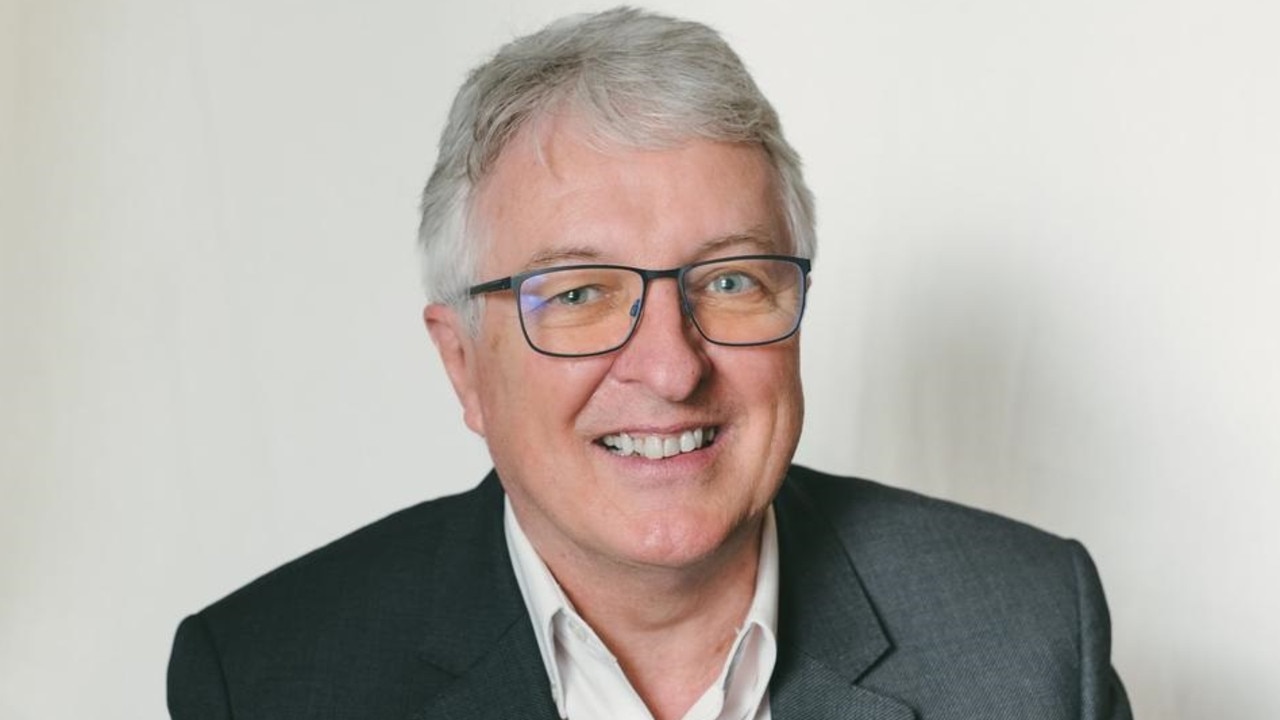This Russian metals giant might be too big to sanction
Norilsk Nickel, which digs up a large portion of two metals that are key for electric vehicles and computer chips, underscores the dilemma that the West faces in seeking to punish Russia.

From its base at a former Arctic gulag, Russia’s MMC Norilsk Nickel digs up a large portion of two metals that are essential to greener transport and computer chips.
So far the US and its allies haven’t sanctioned the company, or its oligarch chief executive, underscoring the dilemma some analysts say governments face in seeking to punish Russia without hurting their own access to key commodities.
The mining company is responsible for about 5 per cent of the world’s annual production of nickel, a key component of electric-vehicle batteries, and some 40 per cent of its palladium, which goes into catalytic converters and semiconductors. Nornickel, as the company is known, also supplies energy transition metals such as cobalt and copper.
The price of those metals has jumped since Russia invaded Ukraine amid concerns that Western sanctions or logistical difficulties stemming from the conflict could choke supplies. On Friday, nickel traded at its highest level for a decade, and is up 37 per cent so far this year. Palladium is up around 57 per cent year to date.
Despite the rally in metals prices, Nornickel’s share price — like that of other Russian commodity companies — has dropped, and is down 17 per cent so far this year. The fall is likely to be more severe, given trading in Moscow-listed stocks was suspended several days ago as they began to plummet. On Saturday, Fitch Ratings downgraded Nornickel’s debt to junk, reflecting the tougher environment in Russia and weakened financial flexibility of its commodity companies.
Several Western companies say they are looking to diversify their supply away from Nornickel. That mirrors a trend across several commodities, including oil and steel, as Western buyers steer clear of Russian suppliers amid concerns they could be hit by sanctions or simply have problems getting products out of the country.
A spokesman for Nornickel said the miner is committed to fulfilling its obligations to customers, partners and employees. Chie Executive Vladimir Potanin, who also holds a 31 per cent stake in the company, declined to be interviewed.
Western sanctions in response to the current conflict have so far largely avoided companies that provide the West with oil, gas and other key commodities.
Few companies are as pivotal in large commodity markets as Nornickel, particularly for palladium.
“If we have sanctions and we can’t access that palladium, you have to expect disruption globally,” said Gabriele Randlshofer, managing director of the International Platinum Group Metals Association, a trade group whose members include buyers and suppliers of palladium.
“At the moment all companies are looking at [who supplies them], they have to,” she said.
Among the companies looking for alternative supplies of nickel is Outokumpu, one of the world’s largest stainless steel manufacturers. The Finnish company said around 6 per cent to 7 per cent of its nickel comes from Nornickel, with the rest coming from recycled steel. “Given the situation in Ukraine, we are looking for alternatives for Russian supply for nickel,” a spokeswoman said.
Germany’s BASF, meanwhile, said it would fulfil existing contracts with Nornickel but not pursue any new business with the Russian company. The chemicals giant described Nornickel as an important supplier of nickel and cobalt for its production of cathode materials as well as a source of palladium and platinum.
On Friday, British steel executive Peter Davies received an email from a Polish steel mill he is invested in, saying that they were unable to buy nickel amid problems related to the conflict in Ukraine.
“Expect an earthquake in [the] steel industry,” the mill said, according to a copy of that email.
Reverberations are being felt across industries that have typically relied on Russian commodities.
Refiners have baulked at buying Russian oil, according to traders and oil executives. Swedish refiner Preem and Finland’s Neste, for instance, say they have halted purchases of Russian oil and plan to replace it with crude from Northern Europe.
Severstal, one of Russia’s largest steel companies, struggled to sell its steel as soon as Moscow’s forces crossed into Ukraine, according to a person familiar with the matter, who said would-be buyers were concerned about possible sanctions. In Severstal’s case they did come, with the European Union sanctioning its majority owner Alexey Mordashov on Monday.
The market prices for metals Nornickel produces reflect similar concerns, analysts say.
“It’s helping to make the markets twitchy, everyone is looking at it and saying if we are taking out (Nornickel’s) nickel from the market that is significant,” said Andrew Mitchell, director of nickel research at energy consulting firm Wood Mackenzie.
Nornickel’s production is important, analysts say, because demand for nickel is forecast to grow strongly amid the growing popularity of electric vehicles. Nickel had the biggest supply deficit of any base metal last year relative to market size, at about 6 per cent, according to analysts at BMO.
Nornickel is run by CEO Mr Potanin, a former Russian deputy prime minister under Boris Yeltsin who helped forge the privatisation deals that followed the break-up of the Soviet Union and put much of the country’s vast commodity wealth in the hands of a group of businessmen now dubbed oligarchs. More recently, Mr Potanin was key to bringing the 2014 Winter Olympics to Russia, an idea which followed a ski trip to Austria with Russian President Vladimir Putin, The Wall Street Journal has previously reported.
Nornickel counts two other well-known oligarchs as investors. The company said that Roman Abramovich owns around 2 per cent of its shares. United Co. Rusal International, which is part-owned by Oleg Deripaska, holds a 26.25 per cent stake.
The company mines in one of the world’s most northern cities, Norilsk — a former penal colony.
Norilsk has also gained a reputation as being one of the planet’s dirtiest cities because of pollution related to mining and refineries. In 2020, almost 45 tons of jet fuel leaked into the ground from a pipeline owned by Nornickel. That followed a spill of 20,000 tons of diesel from a holding tank at one of its other installations the same year.
The area also provides the company with some of the world’s best mineral deposits, which are mined up to 5,000 feet below the permafrost.
“It is still probably the greatest ore body in the world,” said Mr. Mitchell.
The Wall Street Journal


